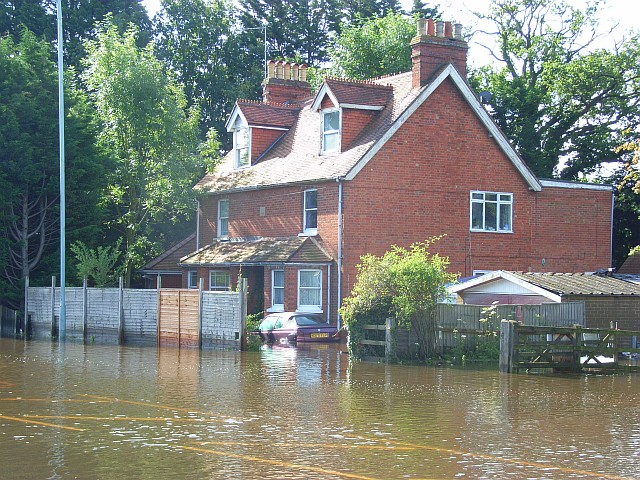There are many reasons people prefer living in a particular area, ranging from proximity to work, friends and loved ones, and affordability–even people who are heavily involved in farming activities would necessarily prefer to live in a valley location where the grounds are marshy and rich in minerals.
There are many flood-prone areas in the UK that could make home insurance more expensive. However as long as the effects can be reasonably managed, people will continue to live there. This post will help you mitigate the effect and protect your home from basement flooding if you are moving to such an area.
Basement flooding is a general problem and usually results to millions of pound in damage to personal property, as well as great efforts involved in rehabilitation to repair the damage and replace lost items. As a property owner, it is best not to experience it at all. Whether you do or not, some of this discussion will be based on the rules of home plumbing and drainage.
Knowledge and Understanding
One of the ways to alleviate the risk of basement flooding for your house is understanding the main flood risk of your location, what the borough knows about it, insurance issues, and the basic information about your house’s plumbing and drainage systems.
- Discuss with your borough officials about basement flooding; in many places, it is the responsibility of the local borough to conduct drainage servicing in the area. Find out what kind of servicing is good for your home, what the borough is doing to address issues of flooding, how- as a homeowner- you can protect yourself and your neighbours.
Notify your Borough of Flooding Incidents
Basement flooding can happen anytime and at random locations, or in concentrated places. Regardless, it is imperative to inform your local authorities whenever your home has been flooded, not just because it can help them understand why it occurred there, but it can also assist in finding solutions to flood risks in your location. So as soon as it occurs, report the incident. Obtain the emergency hotlines of your local service officials.
Perform a Plumbing Investigation on your House
A significant part of reducing the risk of basement flooding is to have a good knowledge of how your drainage and plumbing work. All homes are different, and over time, each one is constructed with varying building practices and codes. Valuable points to note about your house’s plumbing system include:
- Location of your sanitary sewer lateral; are there trees on top of it?
- Is there a storm sewer later for your home? Where does it lead?
- How does your foundation drainage function? Is it linked with the sanitary sewer?
These are some important things your plumber should tell you.
Understand your Insurance Coverage
In some places, insurance does not just cover all kinds of flood damages. For instance, damages from “overland flooding” or those caused by heavy rainfall. Before you make a total commitment to a particular home, find out about the full insurance coverage and what its limits are. This could save you a lot of unnecessary expenditure. Typical home insurance may include covers for sewer backup, whether it is from a storm or sanitary sewer system.
While some places may not be totally uninhabitable because of flood risks, it is always good to be informed about the type of situation you are walking into, and its level of control.




